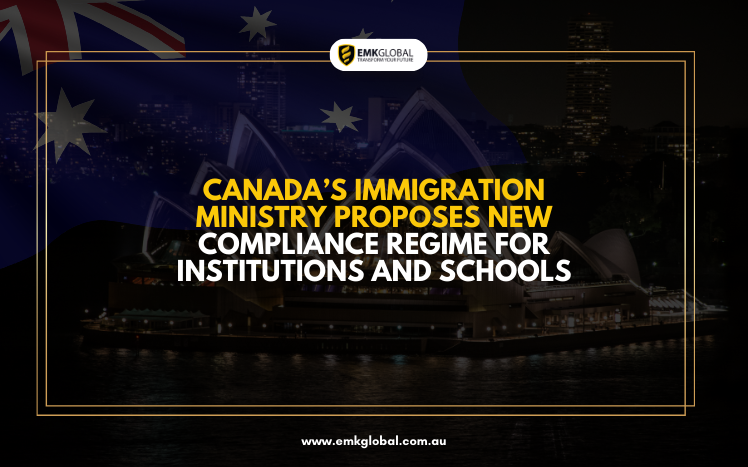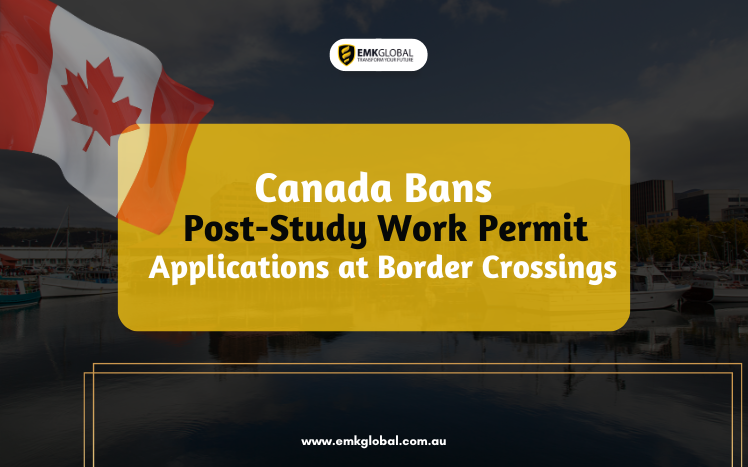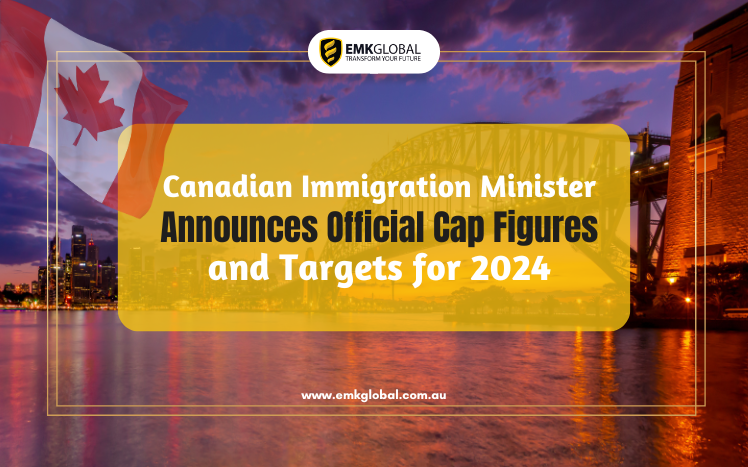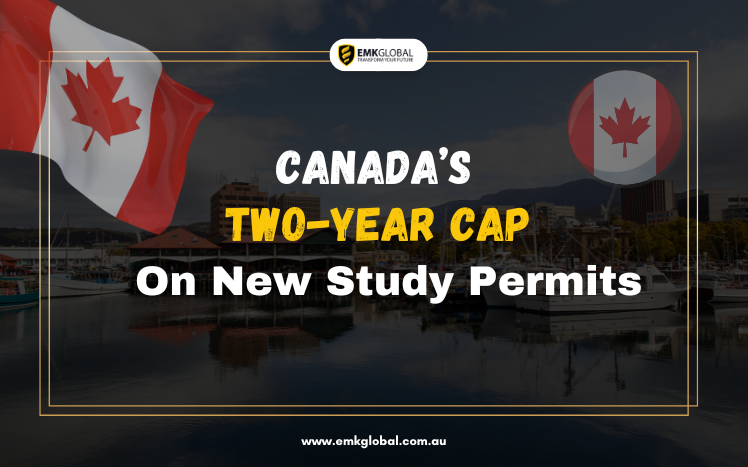Immigration, Refugees and Citizenship Canada (IRCC) has proposed several regulatory changes to the international student sector, announced on June 20 for a 30-day review and comment period. These changes include enhanced compliance reporting for Canadian institutions and schools, new powers for IRCC, and modifications to student work limits.
The proposed regulations will:
- Grant IRCC the authority to suspend study permit processing for non-compliant institutions.
- Require students to apply for a new study permit when transferring to a different institution.
- Increase the limit on off-campus work during study from 20 hours per week to 24 hours per week.
The most significant change is the new compliance reporting and suspension authority given to IRCC. This move intersects with the federal-provincial jurisdiction divide in Canada. The draft regulations state:
“The administration of the International Student Programme (ISP) is a shared responsibility between IRCC and Provinces and Territories (PTs). IRCC sets policies for international student entry, establishes study permit conditions, and decides on study permit issuance.”
“For Designated Learning Institutions (DLIs) to host international students, they must be designated by the province or territory based on agreed standards with IRCC. PTs set their own standards for DLIs, inform IRCC about institutions to be added or removed from the public DLI list, which lists institutions allowed to receive students in their jurisdiction.”
The proposed regulations would allow IRCC to have a greater role in overseeing and sanctioning DLIs. IRCC justifies this change as a way to maintain industry integrity and address several issues:
- Currently, the federal government cannot compel DLIs to report as part of the compliance program and letter of acceptance verification system. Without reporting, IRCC cannot reliably determine if a student is attending the DLI and complying with study permit requirements or detect fraudulent letters of acceptance.
- IRCC cannot impose conditions on non-compliant DLIs, such as suspending study permit processing. This means IRCC must issue study permits to students attending non-reporting DLIs.
- IRCC cannot compel international students to notify the department if they change DLIs. This lack of notification can lead to issues in confirming student attendance and compliance with study permits, and potentially circumvent study permit caps.
The new regulations will require post-secondary DLIs to submit mandatory reports. IRCC will also be empowered to suspend study permit processing for non-compliant DLIs for up to 12 consecutive months.
“The regulatory amendments would allow IRCC to effectively respond to integrity challenges and address unethical behaviors that undermine the program,” states IRCC. The enhanced letter of acceptance verification system will enable IRCC to verify each letter before processing study permit applications. Codifying biannual compliance reports will help close existing compliance gaps. Requiring international students to obtain new study permits when transferring DLIs will allow IRCC to better track student compliance and identify changes in DLIs.
These proposed changes come after significant policy shifts in Canada, including a cap on foreign enrolment and changes to post-study work rights. The country has seen substantial growth in international student numbers, with over a million foreign students in Canada by the end of 2023, a nearly two-thirds increase in five years.
Source: https://monitor.icef.com/2024/07/canadas-immigration-ministry-proposes-new-compliance-regime-for-institutions-and-schools/







